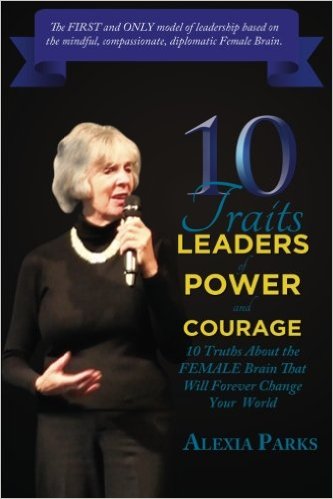Happiness is the meaning and the purpose of life, the Greek philosopher Aristotle believed. He went so far as to call happiness “the whole aim and end of human existence.” But what if you are so unhappy that you don’t have time to focus on being happy?
One fix for this problem is called: TRUTH.
Truth cuts a path through a forest of distractions. It is the sum total of our words and actions that define us. It’s the bundle of habits that define our character.
Truth, when expressed as kindness, compassion and respect for others, never wanders. It guides our actions, like a lighthouse in a darkened sea.
Situational rhetoric is different. When your happiness depends on situational rhetoric, it means that your words must match the different types of people you talk to, or groups you join.
With situational rhetoric you must learn to talk differently and act differently each time you talk, depending on the person or group you are with. This takes practice. Remembering what you said, when, and to whom, wastes your time and wears down your happiness.
Telling the truth takes practice. When it becomes a habit, it will save more than your time, it could save your life.
Mark Twain got it right when he said: “If you tell the truth, you don’t have to remember anything.”

